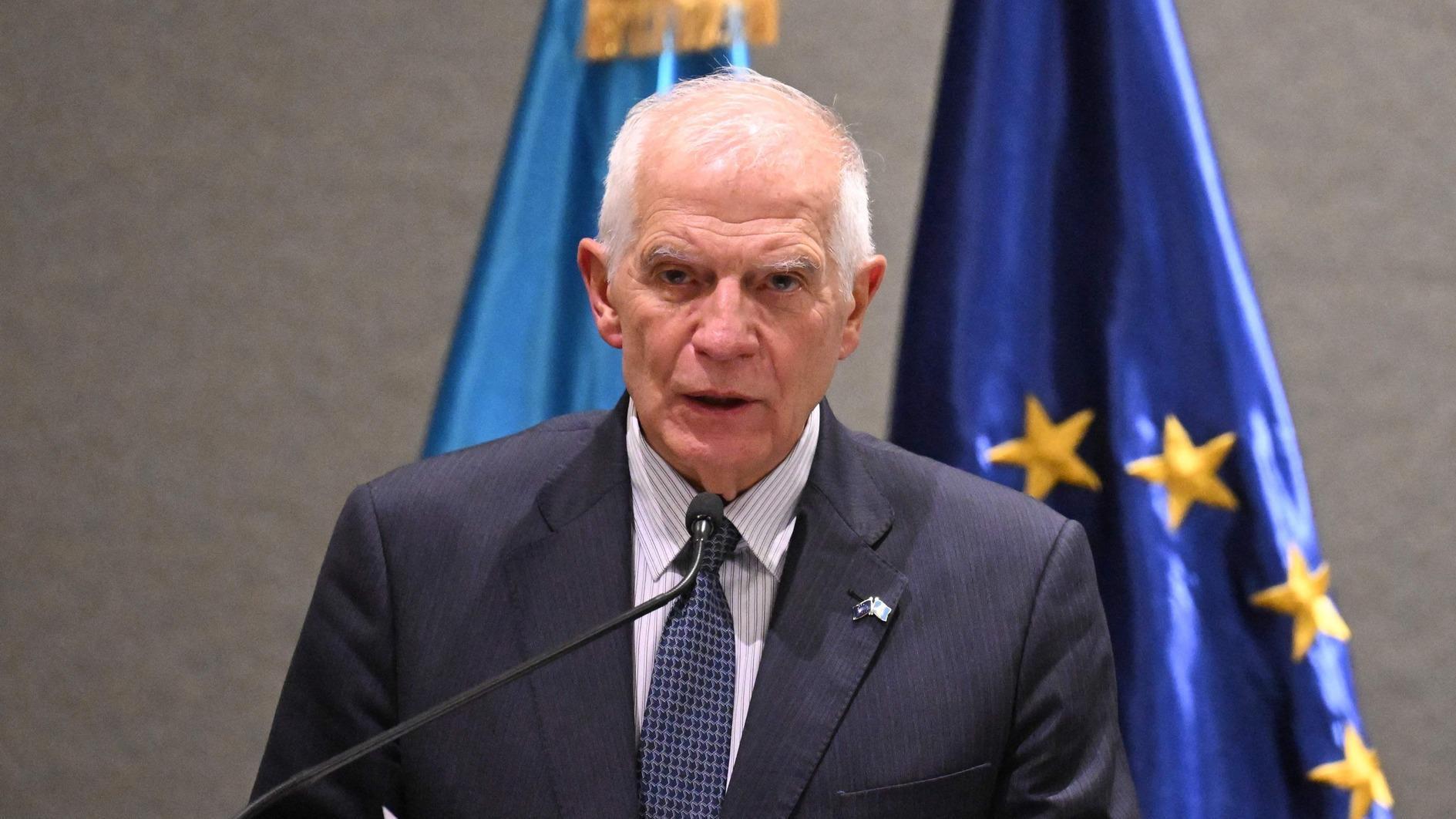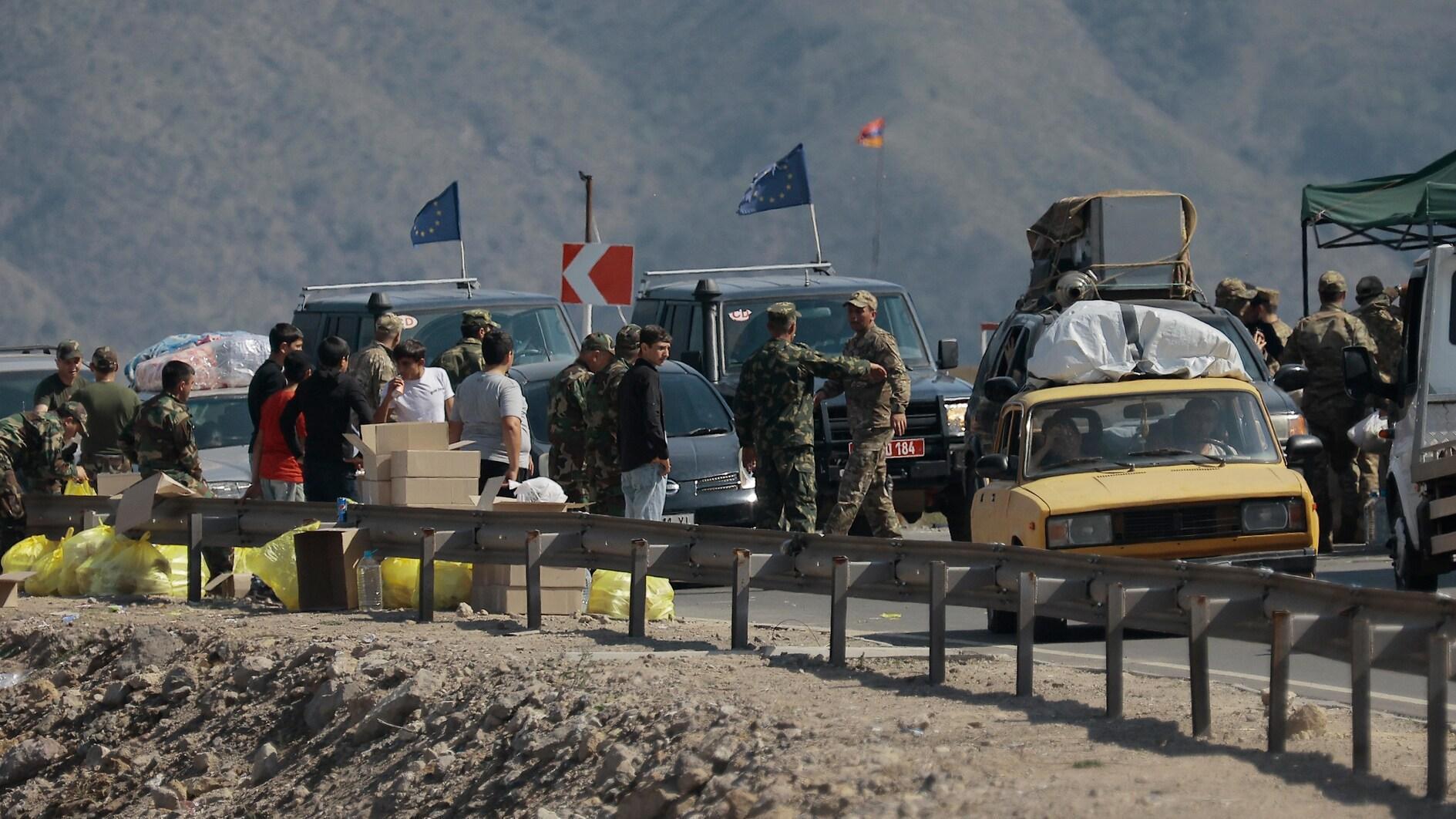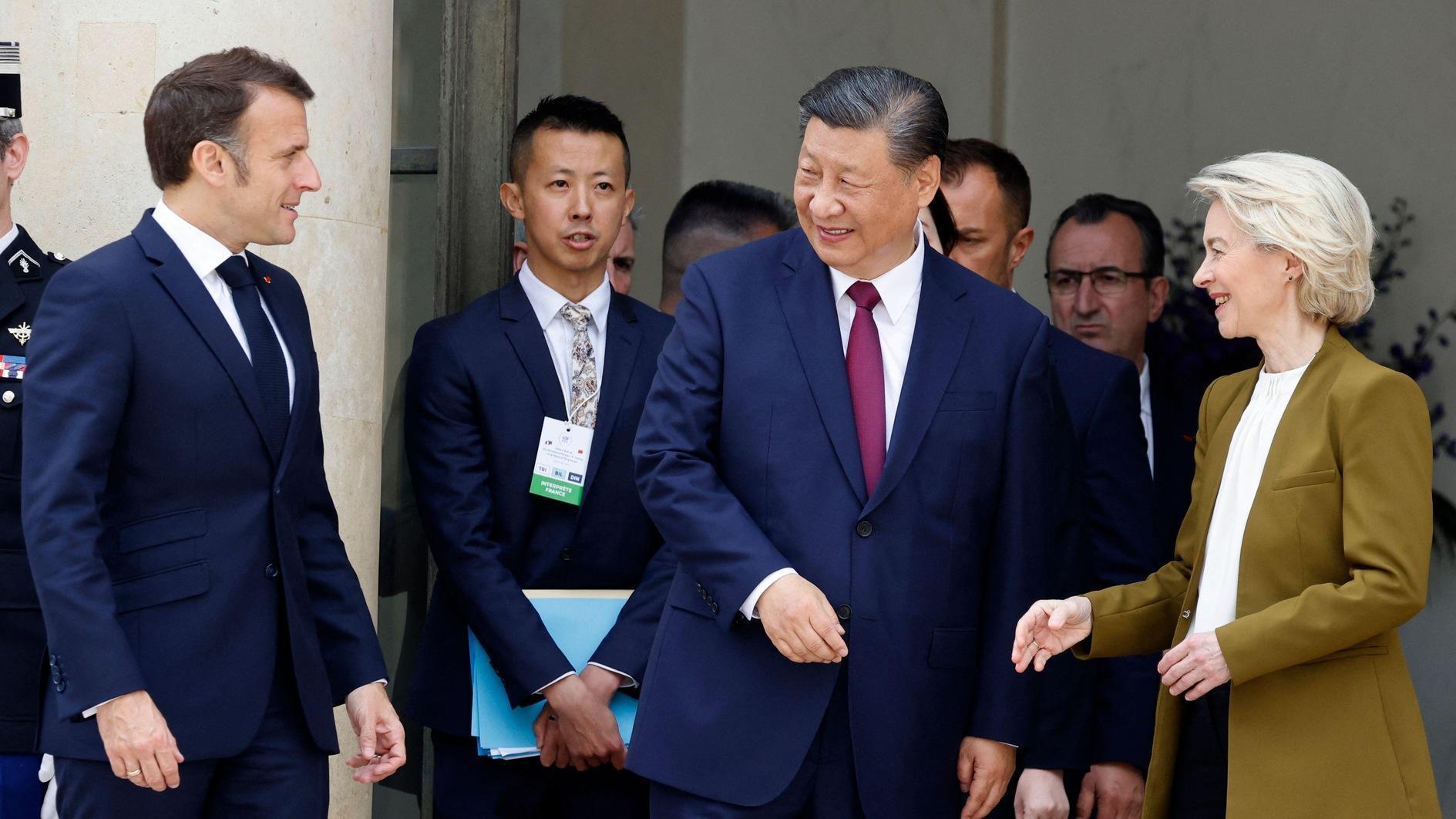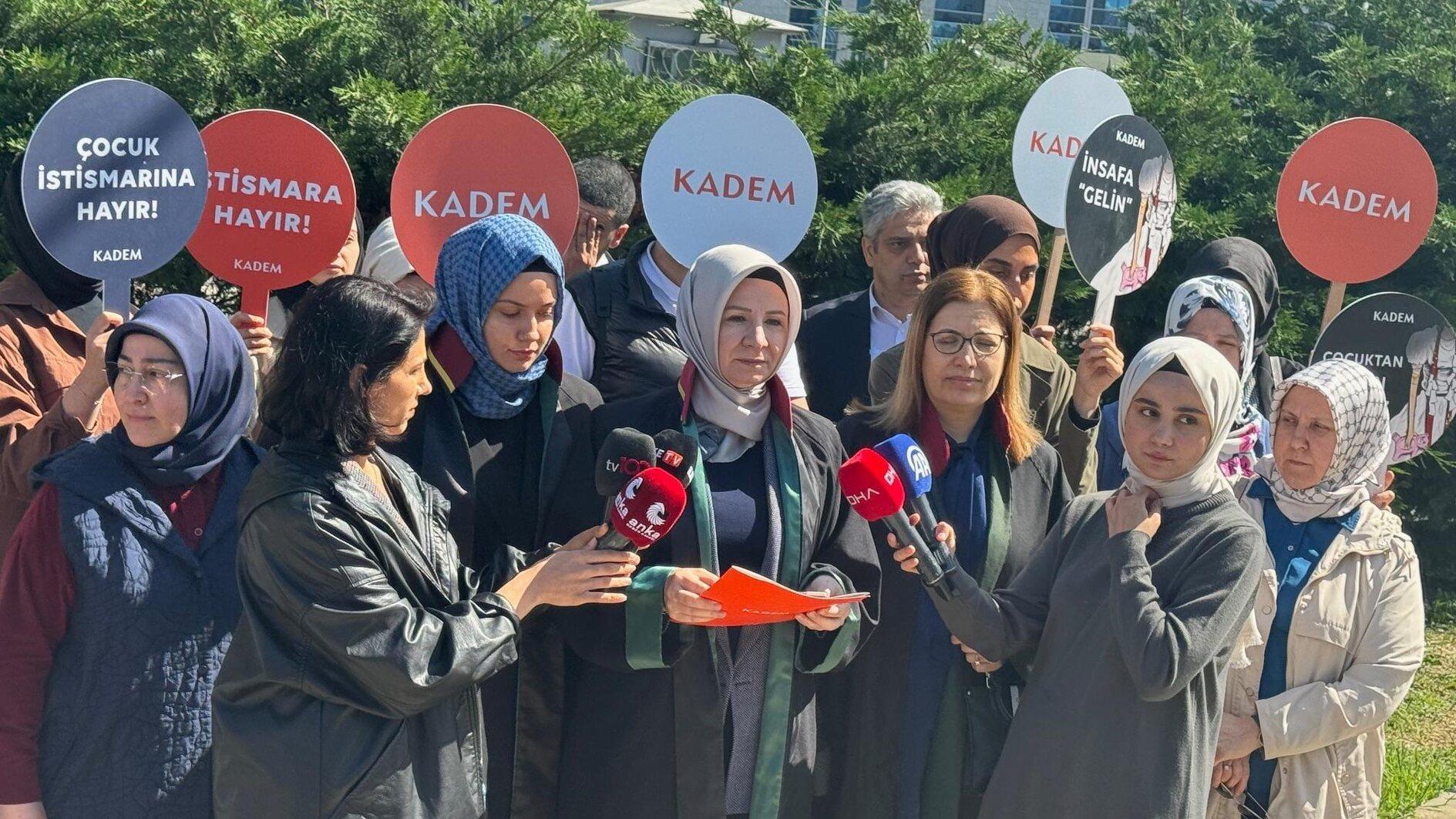All quite on the climate change front in Doha
DOHA - Agence France-Presse

An activists march inside a meeting hall to demand action to address climate change during the talks in Doha. AFP photo/KARIM JAAFAR
The fractious debate at U.N. climate talks in Doha points to a rocky road ahead to a new, global 2020 deal on saving the Earth from calamitous global warming, observers say.A consensus interim agreement that many say is low on substance, was passed after two weeks of intense haggling that deadlocked almost from day one and highlighted deep fault lines between rich and poor nations.
“If we make a judgment based on what we’ve seen in these negotiations so far, there is no reason to be optimistic” about a fair, new global deal, Greenpeace International executive director Kumi Naidoo told AFP. The key dispute has remained unaltered for more than two decades - sharing out responsibility for tackling what UN chief Ban Ki-moon called the climate change “crisis.”
The developing world places the onus for financing and deep emissions cuts on rich countries which they say got where they are today by pumping the bulk of Earth-warming greenhouse gases into the atmosphere during the industrial era.
But rich countries led by the United States, which has refused to ratify the emissions-curbing Kyoto Protocol, insist on imposing a duty on poorer nations polluting heavily today as they burn coal to bolster their developing economies.
Extreme conditions
The new deal covering all the world’s nations must be negotiated by 2015. A slew of recent reports has warned that the Earth is on the road to dangerous warming levels with ever more extreme weather events like superstorm Sandy that struck the U.S. east coast and Caribbean in October and the deadly typhoon that swept through the Philippines.
The UN is targeting a limited warming of two degrees Celsius above pre-industrial levels. Battered and bruised, negotiators applauded as conference chairman Abdullah bin Hamad al-Attiyah of Qatar rushed through a package of deals he called the Doha Climate Gateway on Saturday evening. The package gave a second life to the Kyoto Protocol, albeit in a watered-down form -- placing binding emissions cut targets on the EU and 10 other developed countries jointly responsible for about 15 percent of the world’s emissions. While there is relief that Doha delivered some kind of a deal, many worry it has not laid down a firm enough foundation.
















